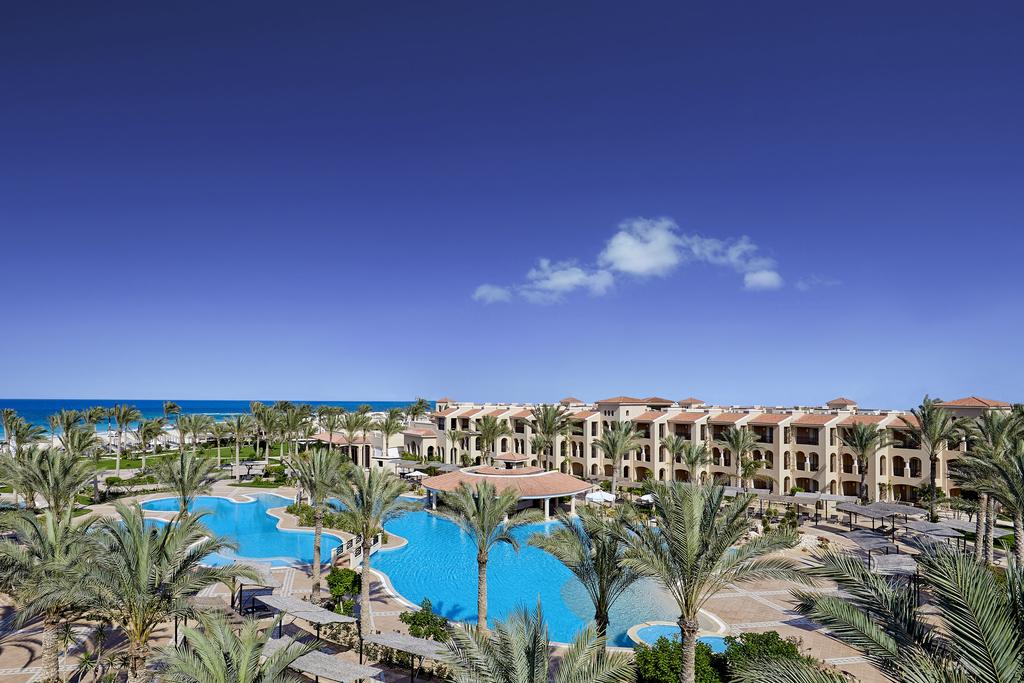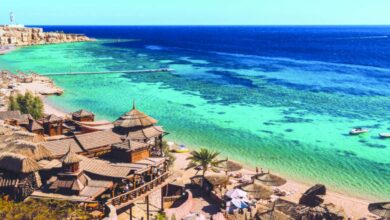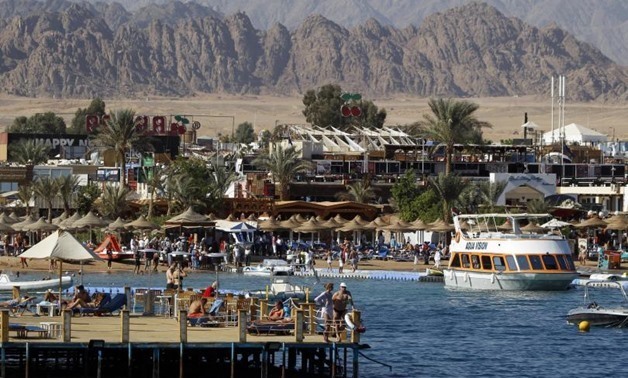Over the past 7000 years Egypt has never been so backwards as it is now, said Farouk el-Baz, director of the Center for Space Studies at Boston University.
In an open dialogue with Cairo University students yesterday, el-Baz said that building a civilization requires three things: a surplus in food products, a division of labor according to skill and specialization, and a civil life in which individuals are able to be creative.
El-Baz said the “development path”– which he suggests should extend from Egypt’s north coast down to Lake Nasser in the south to help open up new horizons of agricultural, industrial, urban and commercial development–is the one project that can lift Egypt out of its current state. The project would have cost only US$6 billion when the idea was first presented to the government, but now, el-Baz said, it will cost US$23.7 billion to implement.
According to el-Baz the only way to carry out the project would be through an initial public offering whereby individuals, as well as Egyptian, Arab and foreign economic institutions could buy the project’s stocks. That way, he said, there would be no room for bribes or favoritism.
El-Baz said that until 1990 Egyptian scientific institutions were not aware of how much Egypt’s agricultural land had shrunk, and that previous reports on the size of agricultural land had been contradictory.
Water scarcity should not be feared however, since Egypt has plenty of underground water in Sharq el-Owaynat and the great sand sea, said el-Baz–the water from those areas being better and cleaner than Nile water.
Egypt’s Nile delta is threatened with the submersion of some of its parts, as is the case of other deltas throughout the world, el-Baz warned. He added that he himself noticed during his last visit to Ras el-Bar that the land has receded .
Translated from the Arabic Edition.




